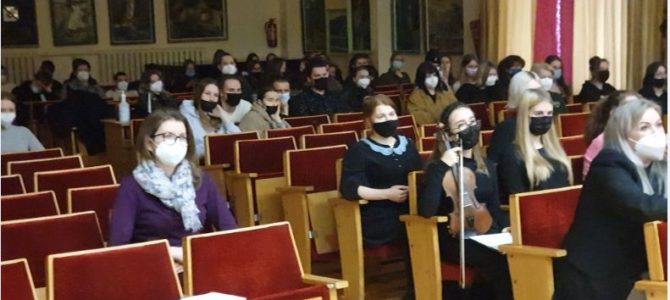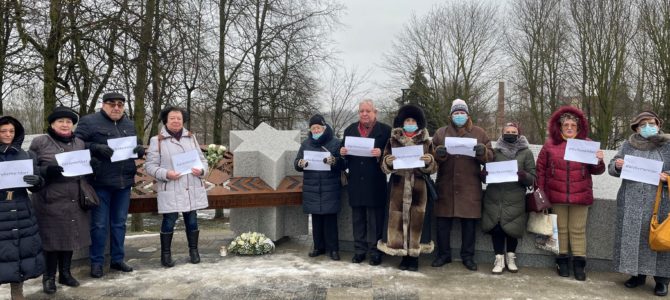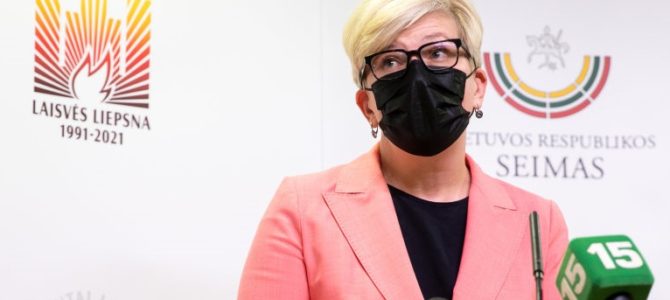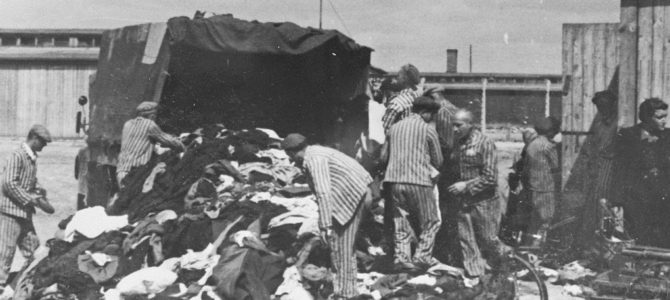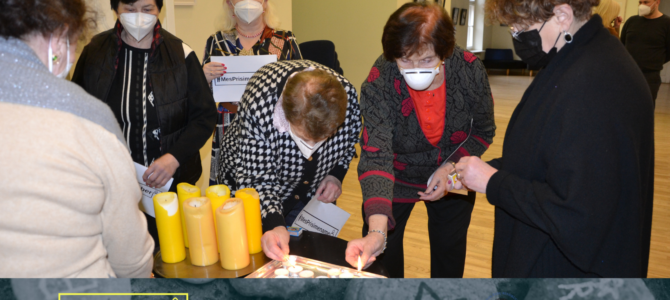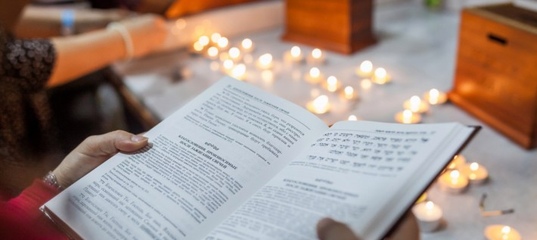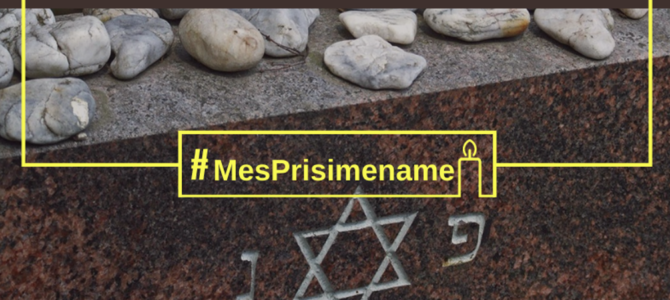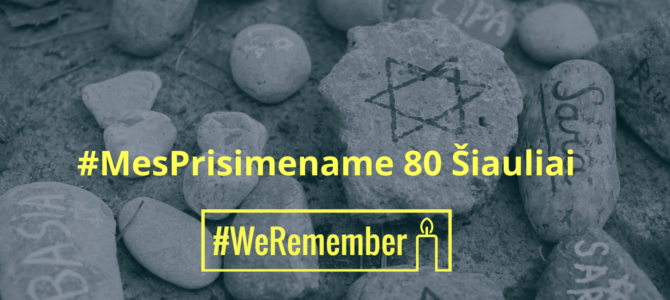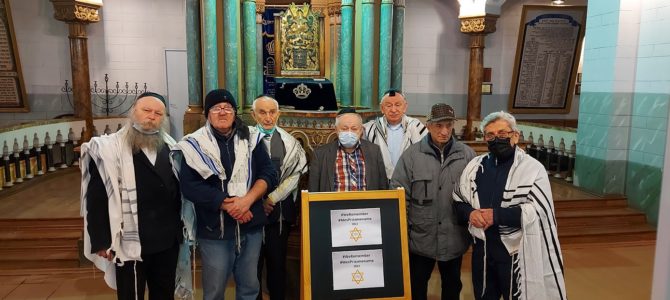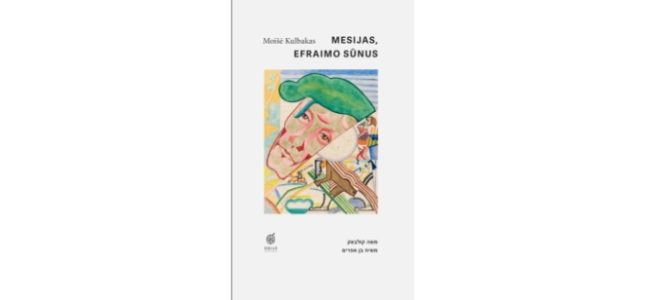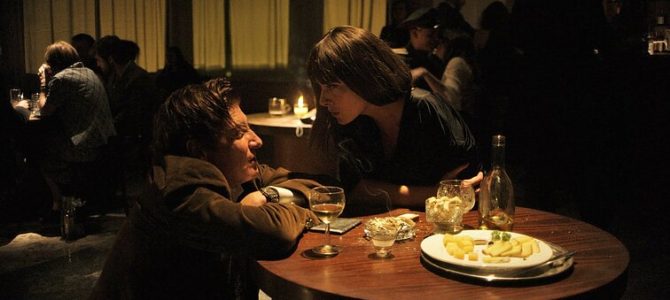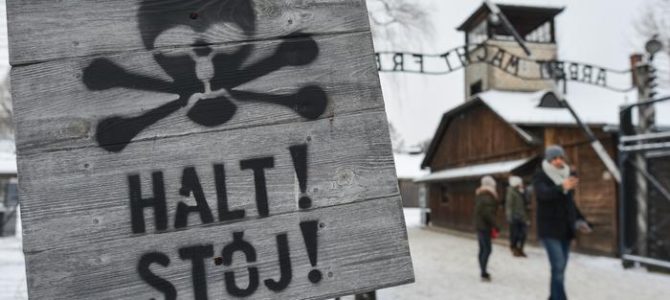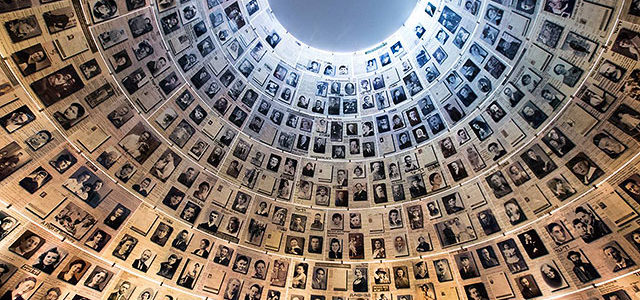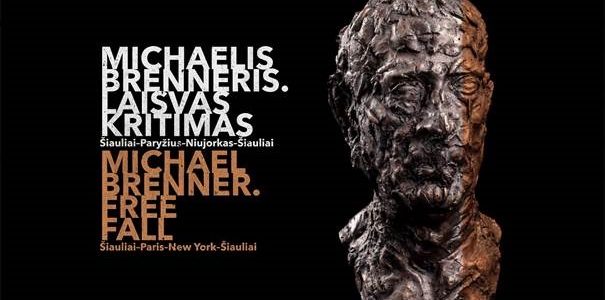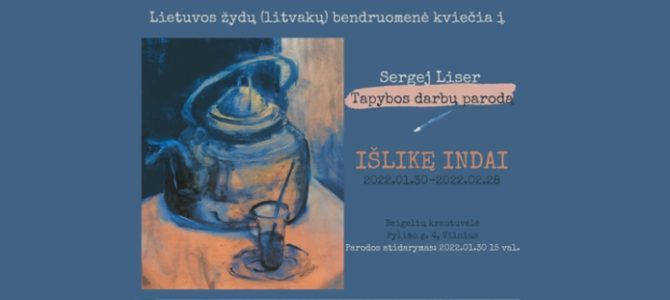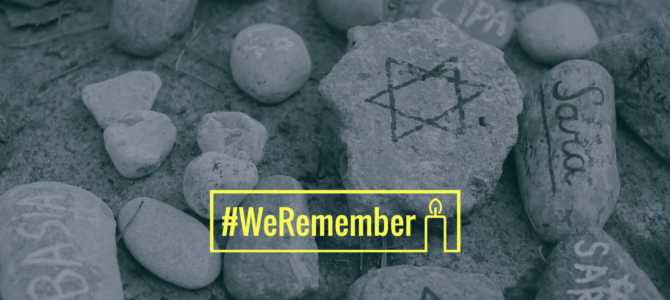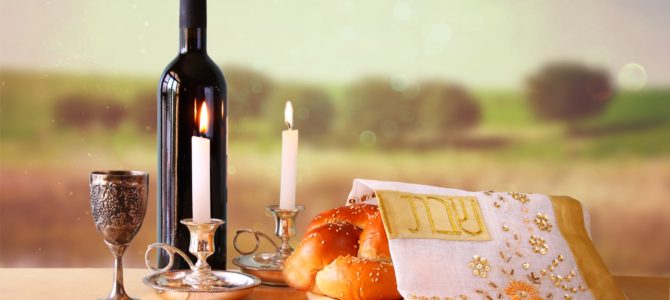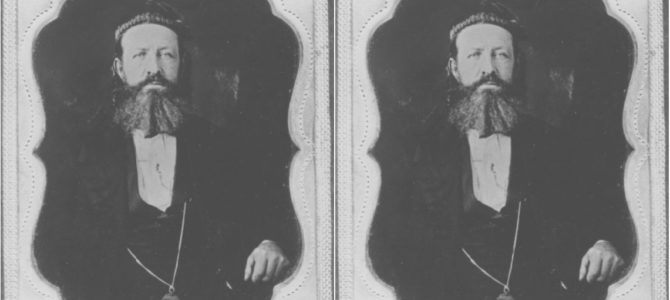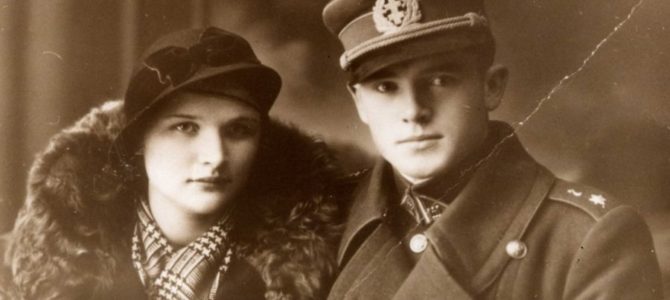January 27 is International Day of Commemoration in Memory of the Victims of the Holocaust, recalling the six million Jews murdered during the Holocaust. The Lithuanian Jewish Community invites Lithuania’s educational and scientific community to join us in the campaign #WeRemember/#MesPrisimename and to remember the victims, eye-witnesses and heroes of the Holocaust who lived in the cities and towns of Lithuania.
We invite you to engage actively in International Day of Commemoration in Memory of the Victims of the Holocaust and to spread the news about the importance of this day among the various educational communities and institutions of general, higher and professional learning. Assign the activities of this day to teaching young people about the memory of Holocaust victims and organize encounters with the older members of the Jewish communities who remember and won’t let these horrific periods of history slip into oblivion. We invite you to pay special attention to remembering those who rescued Jews. Their courage set an example of humanity for future generations.
You can find educational materials, testimonies and stories told by survivors and other useful information which will help present the story of the Holocaust in an interactive and understandable way to young people on the Lithuanian Jewish Community’s webpages lzb.lt, lzb.lt/en and lzb.lt/ru, and at our virtual initiative @AtmintiesKalendorius on our facebook page.
You can also take part in the campaign by visiting the mass murder sites in your local area and by taking photos there and posting them to your social media with the hashtags #WeRemember and/or #MesPrisimename. Take a photo of yourself holding a piece of paper or a sign with the inscription #WeRemember and/or #MesPrisimename. Also, on the eve of the International Day of Commemoration in Memory of the Victims of the Holocaust, join the global campaign by adding a #WeRemember frame to your social media profile. Frames can be found at #WeRemember and/or #MesPrisimename.
#WeRemember #MesPrisimename #Neveragain #NiekadaDaugiau #HolocaustMemorialDay
Thank you,
Faina Kukliansky, chairwoman
Lithuanian Jewish Community


